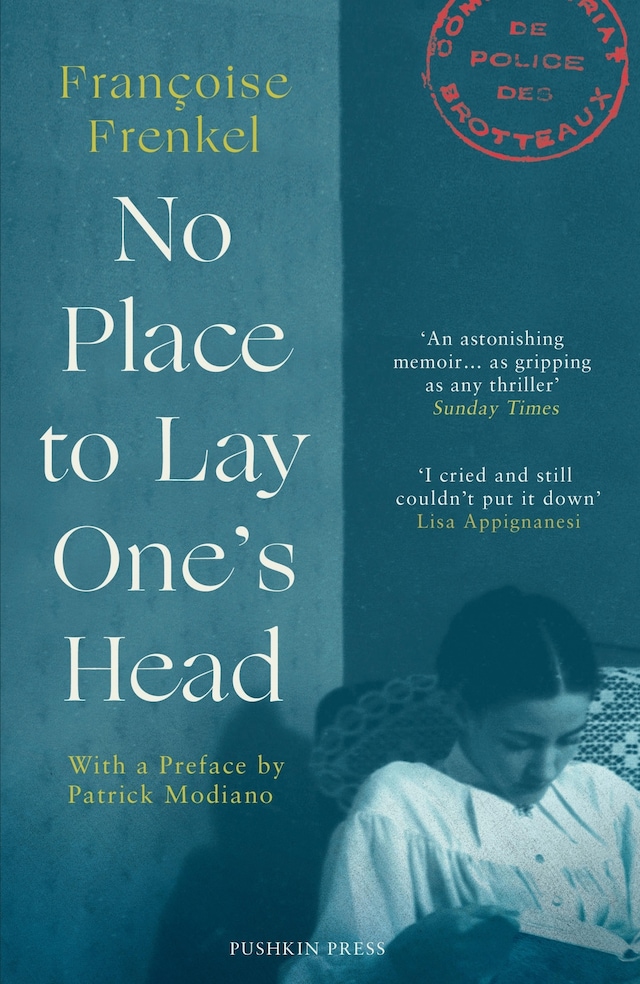
No Place to Lay One's Head
Description of book
The unforgettable story of one woman's struggle to survive persecution in wartime France
'I loved my bookstore the way a woman loves, that is to say, truly'
In 1921, Françoise Frenkel – a Jewish woman from Poland – opens Berlin's very first French bookshop. It is a dream come true. The bookshop attracts artists and diplomats, celebrities and poets – even the French ambassador himself. It brings Françoise peace, friendship and prosperity. Then one summer's day in 1939, the dream ends.
It ends after Kristallnacht, when Jewish shops and businesses are smashed to pieces. It ends when no one protests. So, just weeks before the war breaks out, Françoise flees to France.
In Paris, on the wireless and in the newspapers, horror has made itself at home. When the city is bombed, Françoise seeks refuge in Nice, which is awash with refugees and terrible suffering. Children are torn from their parents; mothers throw themselves under buses. Horrified by what she sees, Françoise goes into hiding. She survives only because strangers risk their lives to protect her.
Unfolding in Berlin, Paris and against the romantic landscapes of southern France,
No Place to Lay One's Head is a heartbreaking tale of human cruelty and unending kindness; of a woman whose lust for life refuses to leave her, even in her darkest hours.
Very little is known about the life of
Françoise Frenkel. She was born in Poland in 1889 and later studied and lived in Paris; in 1921 she set up the first French-language bookshop in Berlin with her husband. In 1939, she returned to Paris, and after the German invasion the following year fled south to Nice. After several years in hiding, she made a desperate attempt to cross the border to Switzerland. Frenkel died in Nice in 1975. Her memoir, originally published in Geneva in 1945, was rediscovered in a flea market in 2010, republished in the original French and is now being translated and published in numerous languages for the first time.
 Françoise Frenkel
Françoise Frenkel 218 Pages
218 Pages